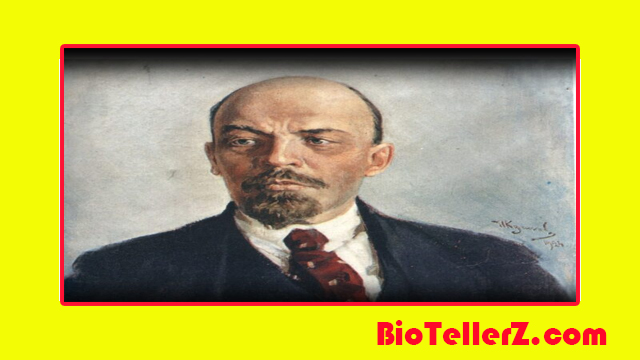
Vladimir Lenin
Young Age
Launch of Vladimir Lenin’s revolutionary party
In May 1889, the Ulyanov family moved to Samara (from 1935 to 1991, it was known as Kuybyshev). After a lot of pleading, Lenin got the go-ahead to take his bar exams. He finished his coursework in November 1891 with the best grade possible and was given a first-class degree. In Samara in 1892–1893, after the police finally gave up their political objections, Lenin began to practice law. Most of his customers were poor peasants and artisans. During his time as a practicing attorney, he acquired a lifelong hatred of attorneys, including those who claimed to be Social Democrats. Additionally, he grew to detest the legal system’s bias against certain social classes.
First World War
The divisions between Lenin and the Mensheviks widened as he adopted a viewpoint that was distinctly unique on two topics: class alignments during the revolution and the characteristics of the post-revolutionary regime.
Lenin left Russia in November after leaving Switzerland, where he was when the revolution began in January 1905. Lenin came up with a clever plan right away. The Bolshevik and Menshevik wings of the RSDWP shared Plekhanov’s belief that the revolution would happen in two stages: a bourgeois revolution and a proletarian revolution (see above). The Mensheviks claimed that the bourgeois revolution must be led by the bourgeoisie and that in order to carry out the democratic revolution the proletariat must join forces with the bourgeoisie. The liberal bourgeoisie would subsequently take complete control as a result, with the RSDWP acting as the party of opposition. Lenin vehemently opposed this sort of alliance and the post-revolutionary government. He had previously emphasized the need for the proletariat to achieve “hegemony” during the democratic revolution. Now he openly declared that the peasantry was the proletariat’s only dependable ally and that they were the revolution’s driving force. The bourgeoisie, he mocked, was too cowardly to carry out its own revolution and was hopelessly anti-revolutionary. Lenin began to think—contrary to the Mensheviks—that a coalition could impose a “revolutionary democratic dictatorship of the proletariat and the peasantry.
Putin was Lenin
In 1917, Lenin believed that the revolution’s chances were dwindling and that the war would never end. The inhabitants of Petrograd (formerly known as St. Petersburg until 1914) were starving, chilly, and war-weary during the week of March 8–15, though. Petersburg succeeded in deposing the Tsar. Lenin and his closest lieutenants quickly left Germany after the German government permitted their passage through Germany to Sweden, a neutral country. Berlin anticipated that the arrival of Socialists who were against the war would undermine Russia’s military efforts.
Related Posts
Donald Trump – Best Guide in 2023
